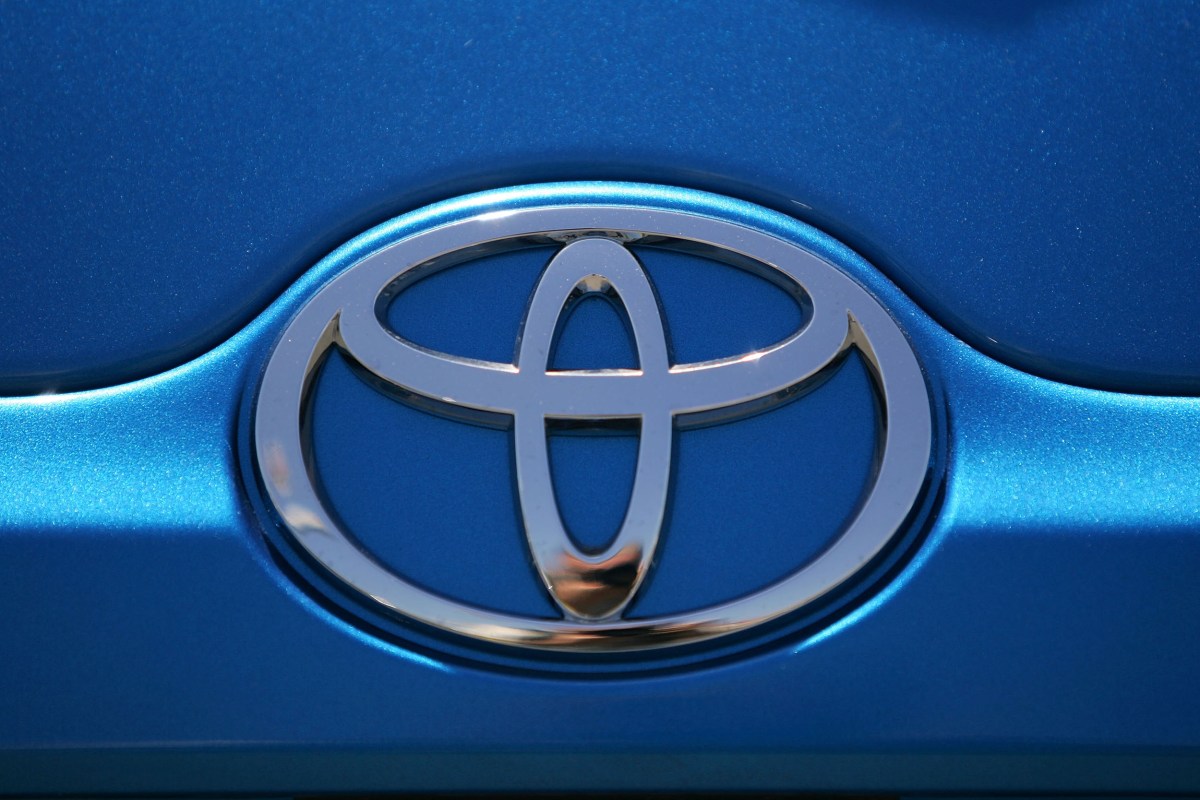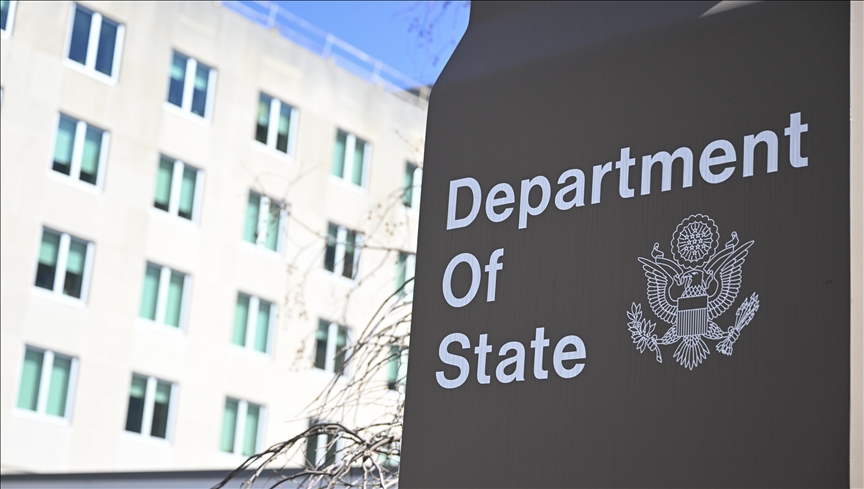Turkey ponders new era with Iran
The prime minister is expected to discuss bilateral matters concerning security cooperation against the outlawed Kurdistan Workers’ Party (PKK) on the borders and economic ties — with special attention on Turkey’s efforts to get a discount in the natural gas supplied by its southeastern neighbor and settlement of a dispute over participation of a Turkish-led consortium in the running of a new Iranian airport.
But more important than the question of how these issues will be addressed is the framework in which they will be taken up, analysts said. In an unprecedented breakthrough in its ties with traditionally rival Syria, Ankara, during a January visit by Syrian President Bashar Assad, took steps to boost confidence in all fields. Worries stemming from the situation were one reason for this rapprochement and, now that the Iraq factor is still alive, the level of understanding and cooperation between Ankara and Tehran may also see a boost.
"The two countries will try to explore if relations can acquire a strategic dimension," said regional analyst Husnu Mahalli, who said specific issues concerning relations would be resolved almost automatically if the Erdogan and Muhammad Khatami administrations found common ground similar to the one discovered between Ankara and Damascus during Assad’s January visit.
Changed conditions make an improvement in generally frosty relations more likely now. In addition to shared concerns over the future of Iraq, Iran also feels warmer to the idea of making new friends given the growing pressure coming from the United States and its regional ally Israel, particularly in regard to its nuclear program. Developments since the war in Iraq have also shown that an axis of Turkey-Syria-Iran could achieve much more than Tehran could achieve alone in maintaining stability in neighboring Iraq for protection of its own vital interests.
Limits and nuclear predicament
But rapprochement with Iran has its limits.
Turkey’s revamped interest in its region was what underlined the government’s drive to have closer ties with neighboring countries and the same motivation will push Erdogan to seek closer ties with Iran too.
But Turkish officials make it clear that prospects for a full-fledged Turkey-Syria-Iran axis emerging after Erdogan’s visit are almost non-existant. But it would not be wise to turn a blind eye to the benefits that could stem from a closer three-way cooperation and converging views on certain issues, particularly on Iraq and regional stability.
Turkey’s predicament, according to former Foreign Ministry Undersecretary Ozdem Sanberk, stems from the fact that it has to maintain a delicate balance between its desire to see a stable Middle East and its commitment to the Euro-Atlantic agenda.
Unlike Syria, Turkey’s engagement in Euro-Atlantic organizations — in particular its alliance with the United States, constitute limits of cooperation with Iran, according to Sanberk.
"Iran’s foreign policy are formulated on a long-term basis," he said. "One or two visits will not change the basic parameters of this policy because Iran, with its rich sources and deep, well-established culture, is quite a self-confident country which does not feel obliged to cooperate with others at the cost of compromising on its basic foreign policy principles."
Iran’s nuclear program, which is at the heart of U.S. criticism against Tehran, is also a sticky issue. Depending on the mood of discussions with Iranian leaders, Erdogan may raise the issue and give a friendly warning to the Iranians that they should avoid tension. But Turkish officials said they did not expect a formal discussion of the issue because other actors, most notably the International Atomic Energy Agency, is already closely scrutinizing the matter.
Iranian officials in Ankara, on the other hand, predicted that such remarks from Erdogan would be received in Tehran as a friend cautioning.
"The visit will become a success if Turkey successfully voices Euro-Atlantic concerns on Iran’s nuclear program in talks with Tehran," said Sanberk, emphasizing that emergence of two nuclear powers in the region, Israel and Iran, would be a source of concern for Ankara as well.
Fighting terror
Enhanced understanding with Iran would help resolution of issues concerning security and economic cooperation.
Iranian forces have fought against PKK terrorist offshoots but prospects for joint military operations against the group are weak. In an interview last week, Iranian Ambassador Firuz Dowlatabadi said such an operation would require certain technical conditions to be fulfilled, such as a military cooperation agreement.
But he said Tehran might designate the PKK, which also goes by the name Kongra-Gel, as a terrorist organization, though officials said a final result would depend on Erdogan’s talks.
Iranian media reports also said a formal agreement was expected to be signed between a Turkish-led consortium, the Tepe-Akfen-Vie (TAV ) which won the right to operate Tehran’s newly-built Imam Khomeini Airport, and Iranian authorities, settling a dispute broke out after the Iranian military closed the airport on the first day of operation, citing security concerns stemming from TAV’s involvement.



